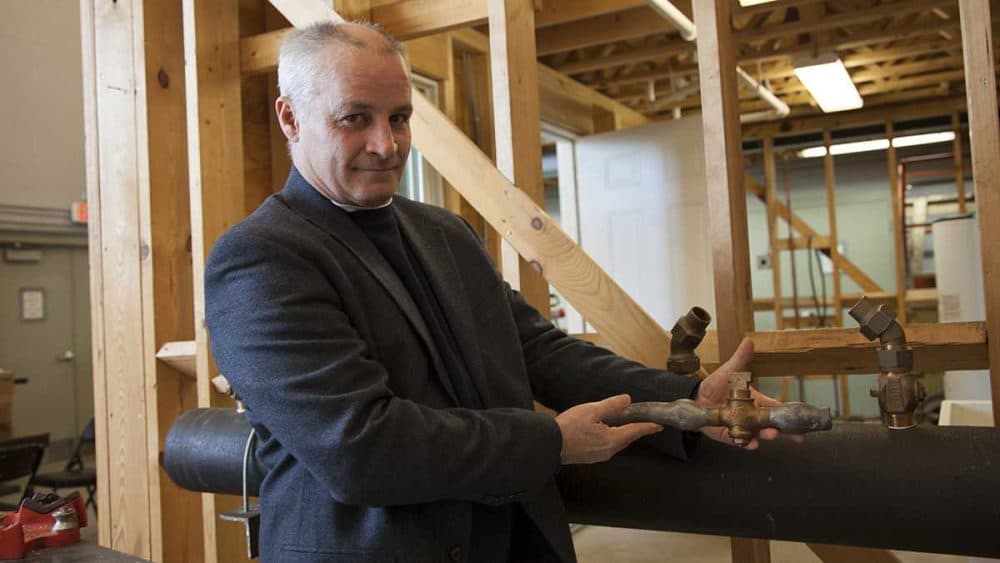Advertisement
Why Plumbers Used Lead, And Why Getting Rid Of It Won't Be Easy
Resume
The drinking water crisis in Flint, Michigan has turned lead a four letter word. But the heavy metal hasn’t always been so unpopular. In fact, for decades lead was a desirable plumbing material. Irina Zhorov from WESA in Pittsburgh explains how that came about and why replacing lead pipes would not be an easy or cheap undertaking.
Guest
- Irina Zhorov, reporter for Here & Now network contributor Wyoming Public Radio. She tweets @zhorovir.
This segment aired on March 17, 2016.